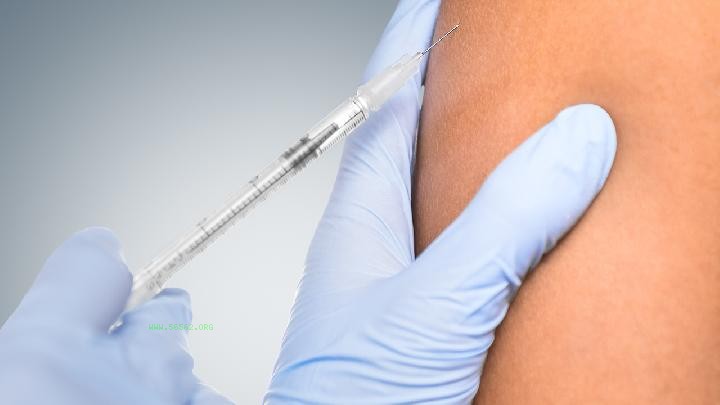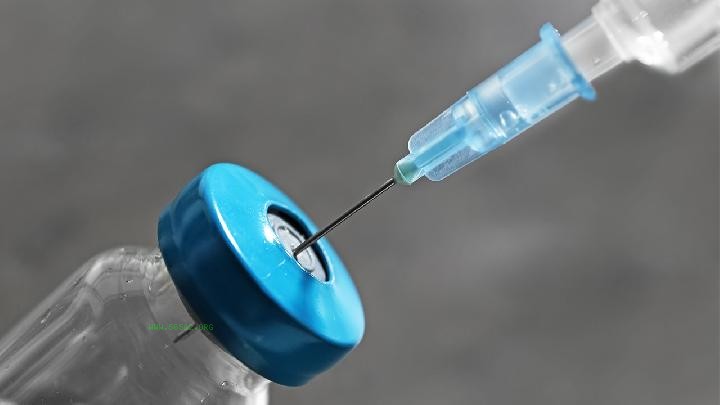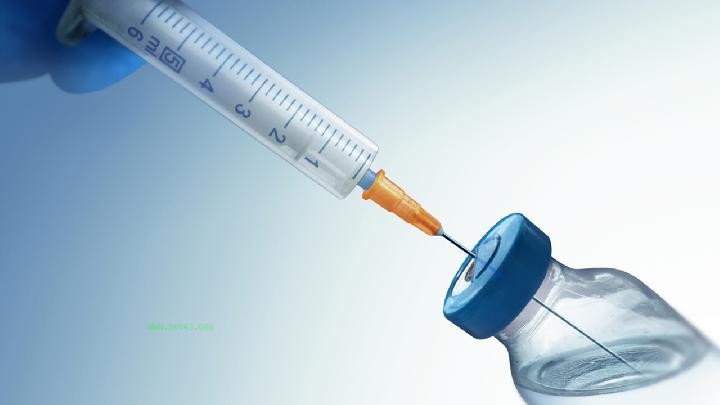Will the nucleic acid test be positive after taking the COVID-19 vaccine

No.
COVID-19 vaccine is an inactivated vaccine, which has completely lost its infectivity and replication. After vaccination, it will not cause COVID-19, and will not cause COVID-19 nucleic acid test to be positive due to vaccination. However, no vaccine can achieve 100% protection effect. Therefore, even if COVID-19 vaccine is injected, personal protection work still needs to be done in the later stage.
After the vaccination of COVID-19 vaccine, especially after two shots, protective antibodies will be produced in the body. Although the success rate of immunization is not 100%, the vast majority of people will have antibody positive test results. The antibody titer varies among different people. When the antibody reaches a certain value, it can be more reliable to prevent virus infection. There is no corresponding data to confirm. Therefore, it is necessary to accumulate relevant data in the subsequent use to better guide the vaccination.
After inoculation of COVID-19 vaccine, nucleic acid testing will generally not lead to positive findings, because nucleic acid testing only stimulates the body to produce antibodies, and will not lead to positive nucleic acid. However, theoretically, some people who have been vaccinated with COVID-19 vaccine may also be infected with COVID-19 if they do not achieve good immune effect. If nucleic acid testing is carried out for such a part of the population, positive findings will be found. On the other hand, vaccination cannot achieve 100% immune protection. What are the advantages and disadvantages of attenuated vaccines and inactivated vaccines? The advantages of inactivated vaccines are: simple manufacturing process, direct artificial reproduction of pathogenic microorganisms, and use them as antigens after inactivation; Can kill any other biological factors that may become pollutants; Can be made into multi valent vaccines; Inactivated vaccines have relatively stable properties and are easy to store and transport. The disadvantage of inactivated vaccines is that they may damage or alter effective antigenic determinants during the inactivation process; The immune effect produced is short-lived and does not produce local antibodies; May cause toxicity or potential adverse immune reactions to the body; Multiple injections are required, requiring a relatively large amount of antigen and high cost. Attenuated live vaccines are made by culturing and propagating weak or non-toxic pathogenic microorganisms and their metabolites with strong immunogenicity, or by inoculating them into animals, chicken embryos, and tissues, and then growing and reproducing the cells. The advantages of attenuated live vaccines are: requiring fewer doses, some attenuated live vaccines only require one dose, similar to the process of natural infection; After staying in the human body for a period of time, it can proliferate and produce a large amount of antigens, thereby producing a good immune response effect; The immune effect is relatively strong, which can not only promote the formation of systemic immunity, but also generate local immunity; Natural infection routes can be used for vaccination, which will result in better immune effects, such as oral polio attenuated live vaccine. The disadvantage of SEP is the potential danger of virulence reversion in the human body; Potential infection or transmission may occur; Vaccines may contaminate factors that are harmful to the human body; Attenuated live vaccines are unstable and difficult to store and transport; Viruses may interfere with immunity.








Comments (0)
Leave a Comment
No comments yet
Be the first to share your thoughts!